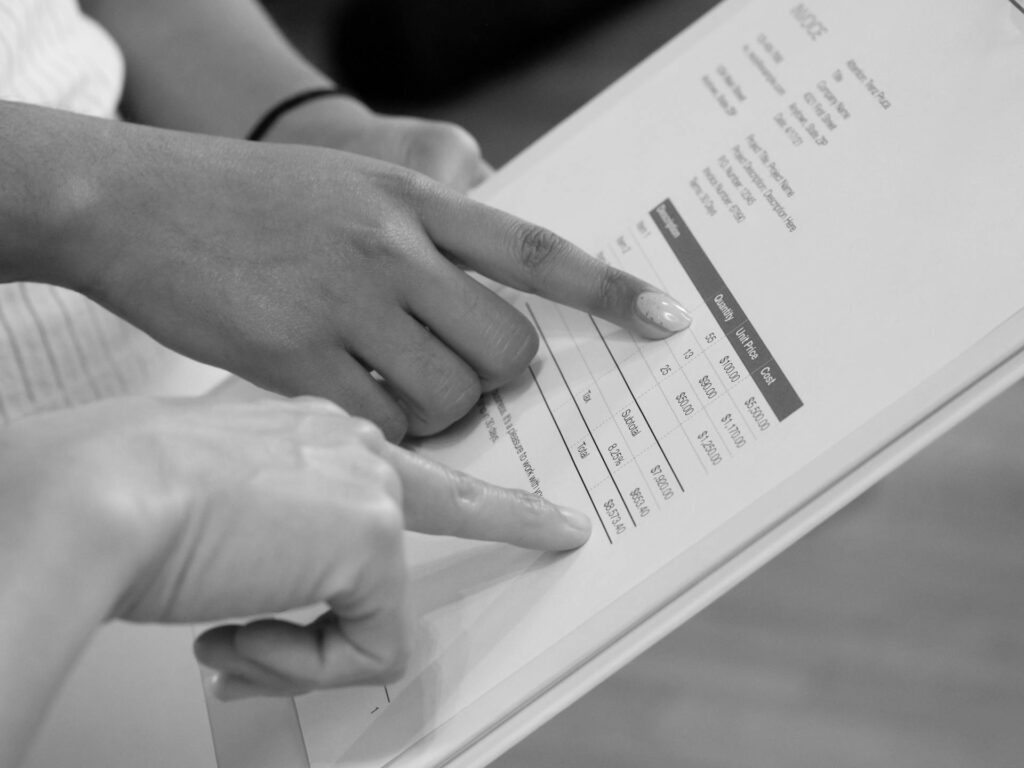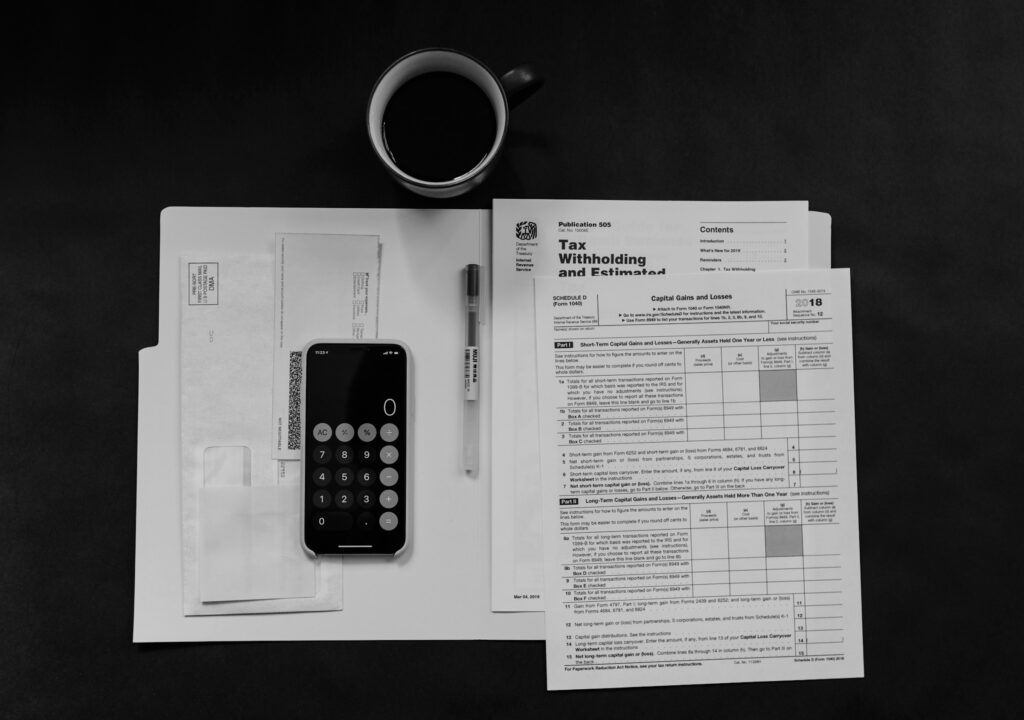Invoice Compliance in the UK
Ensuring compliance in invoice processing is a critical component of financial governance. For UK businesses, adhering to invoicing regulations means avoiding legal penalties, reducing the risk of fraud and maintaining strong vendor relationships. Non-compliance can lead to fines, audits or disruptions in cash flow – outcomes no finance team can afford.
Key UK Laws and Regulations Governing Invoice Processing
VAT Requirements and HMRC Regulations
VAT must be charged when a business is VAT-registered and supplies taxable goods or services. A compliant VAT invoice must include the supplier’s VAT number, the rate of VAT applied and the total amount payable. With HMRC’s Making Tax Digital (MTD) initiative, digital record-keeping and submissions are now mandatory for VAT-registered businesses, requiring use of approved software and maintaining secure digital audit trails.
Companies Act 2006
The Companies Act 2006 mandates that all companies keep accurate financial records, including invoices, for a minimum of six years. Failure to do so can result in legal consequences. These records must be accessible, accurate and available for inspection by regulators if needed.
Anti-Money Laundering (AML) Regulations
AML regulations impact invoice processing by requiring companies to perform due diligence and Know Your Customer (KYC) checks. This helps identify suspicious activity and ensures that invoice issuers and recipients are legitimate, particularly for high-value transactions.
Mandatory Invoice Information in the UK
Details Every UK Invoice Must Include
A legally compliant invoice in the UK must show:
- Supplier’s business name and address
- A unique invoice number
- The invoice date and payment due date
- Description and breakdown of goods or services supplied
- VAT number (if VAT-registered)
Special Rules for Different Business Types
Sole traders must include their personal name and any business name used. Limited companies must list the registered company number and address. Self-billing arrangements and reverse charge mechanisms (especially for cross-border services) have their own compliance rules that must be carefully followed.
Digital Invoicing and Electronic Compliance Standards
HMRC’s Making Tax Digital (MTD) Compliance
Businesses must use MTD-compatible software that keeps digital records and links data directly to HMRC systems. This creates a tamper-proof audit trail for accurate tax submissions and reducing compliance risk.
E-invoicing Best Practices
Digital invoice processing should meet GDPR standards, protect data integrity and be compatible with ERP or accounting systems. Best-in-class automation tools offer real-time reporting, secure cloud storage and seamless integration with finance systems.
Invoice Processing Controls and Internal Compliance
Approval Workflows and Audit Trails
Documented approval processes are crucial. Automated invoice processing systems reduce the risk of duplicate payments and provide traceable audit logs, increasing transparency and accountability.
Record Retention Policies
Invoices must be stored for at least six years. Cloud-based storage offers scalable, secure and accessible archiving, with backups and permission-based access control to safeguard financial data.

Common Compliance Mistakes in Invoice Processing (and How to Avoid Them)
Missing or Incorrect VAT Numbers
A missing or invalid VAT number can lead to rejected tax claims or fines. Automated tools can validate VAT details during processing to prevent this.
Late Invoicing and Delayed Payment Records
Delays in issuing or recording invoices disrupt cash flow and may breach contractual terms. Automated invoice capture ensures timely data entry and payment tracking.
Non-Compliant Archiving
Storing invoices in non-secure or inaccessible formats breaches compliance standards. Use compliant cloud solutions with structured access controls and robust backup protocols.
How to Stay Compliant: Tools and Expert Support
Accounting and Invoice Automation Software
Look for HMRC-approved software with features like automatic VAT validation, digital audit trails and integration with your ERP. Snowfox’s automation platforms can cut invoice processing time by up to 80%, with proven compliance accuracy.
Outsourcing vs. In-House Compliance
Outsourcing can reduce internal workload, but businesses must ensure vendors follow a compliance checklist that covers data security, audit trail capabilities and regulatory expertise. In-house solutions offer more control but require dedicated compliance monitoring.
Calculate Your Compliance ROI
See how much time and cost Snowfox could save your finance team – instantly.
Use our free ROI Calculator to estimate the return on automating your invoice processes.
Based on automating invoices per year with Snowfox.
Staying Ahead of UK Invoice Compliance
Remaining compliant with UK invoice laws requires more than just ticking boxes. It means integrating invoice processing systems that align with legal frameworks, digital transformation goals and internal policies. With the right tools and controls, finance teams can stay ahead of changes, minimise risks and turn compliance into a strategic advantage.
Invoice Processing Compliance in the UK: FAQs
What are the legal requirements for an invoice in the UK?
Invoices must include supplier details, unique invoice numbers, dates, descriptions of goods/services and VAT details if applicable.
Do all businesses need to register for VAT?
No, only businesses with taxable turnover above the VAT threshold must register. However, voluntary registration is possible and common for credibility and reclaiming VAT.
How long should invoices be kept?
Invoices must be retained for at least six years under the Companies Act 2006. Digital storage solutions must ensure secure and accessible archiving.
Is digital invoicing legally compliant in the UK?
Yes. As long as digital invoices meet HMRC and GDPR standards, they are fully compliant. HMRC encourages digital invoicing through Making Tax Digital initiatives.
Discover the power of AI-driven invoice processing with Snowfox, trusted by finance leaders across the UK.

